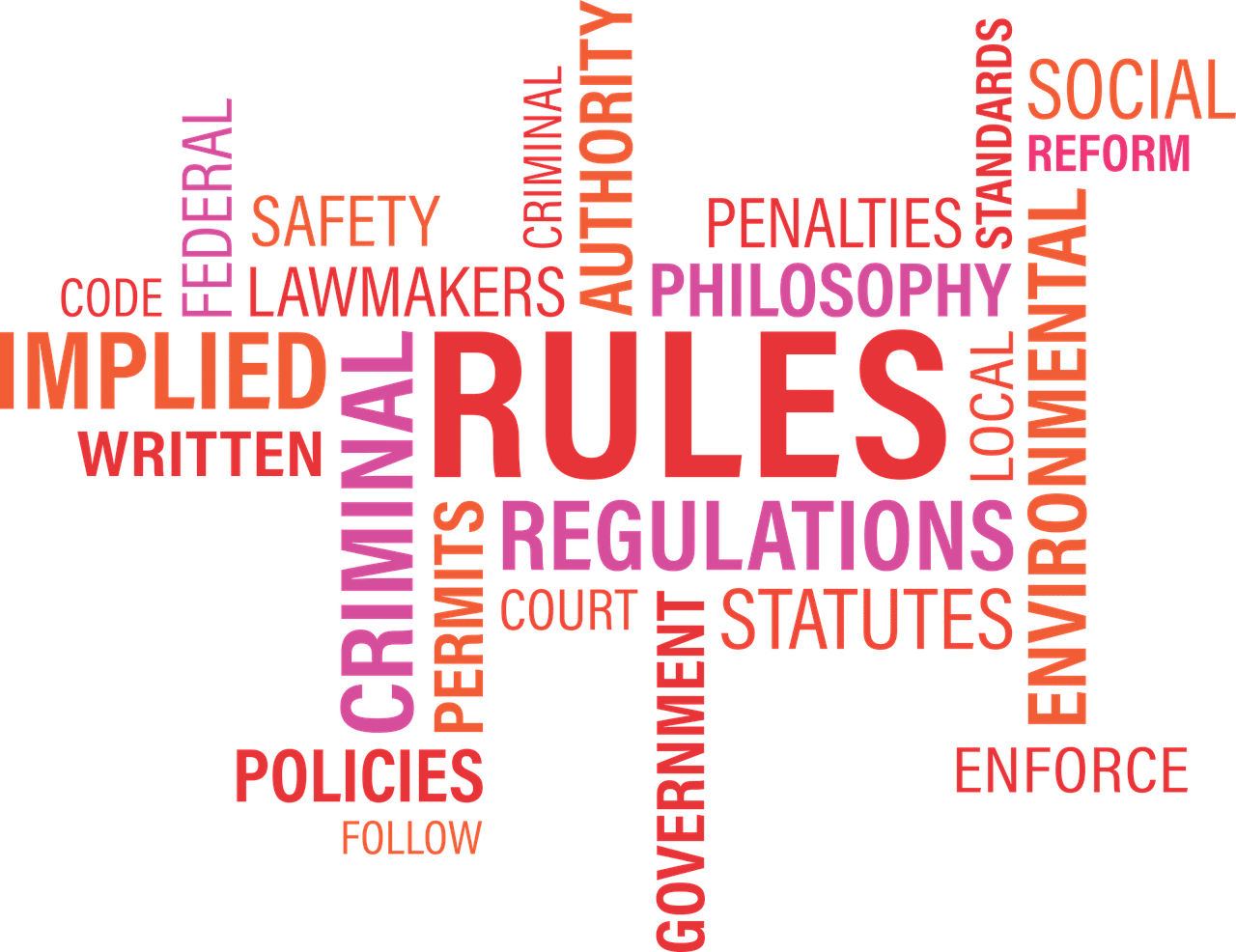Good governance is an integral concept that refers to the efficient and effective management of resources by governments and other institutions. It forms the cornerstone of democracy and social justice, guaranteeing that citizens’ needs and rights are met fairly and transparently. Good governance also promotes legality, accountability and participation which is integral for sustainable societies to flourish.
Transparency and Good Governance:
One of the cornerstones of good governance is transparency, meaning that actions of government and other institutions are open and available to the public. Citizens have a right to know how decisions are made, resources allocated, and public officials held accountable for their actions. Transparency helps build trust between citizens and government which is vital for society.
Accountability:
Another principle of good governance that is central to good management is accountability, meaning those in power must be held responsible for their actions and decisions. Public officials must be held to high ethical standards so as to be held accountable to those they serve and are held to account by citizens they represent. Keeping accountable helps eliminate corruption while meeting citizens’ needs effectively.
Participation: A key component of effective governance, participation is also an integral element. Citizens have the right to participate in decision-making processes that affect them directly, such as policy development or budgeting processes. Participation ensures that decisions made are in the best interests of citizens while their voices are heard.
Rule of Law: Rule of law is another essential aspect of effective governance, meaning that laws are applied fairly and impartially for everyone’s protection under the law. This helps prevent the arbitrary exercise of power while providing citizens access to justice.
Efficiency and effectiveness:
Good governance requires both efficiency and effectiveness in managing resources and affairs, which means governments and other institutions should strive to reach their objectives using methods that maximize impact, such as allocating resources in ways that maximize impact or providing public services in a timely and effective fashion.
Good governance is fundamental for creating sustainable and inclusive societies. It demands transparency, accountability, participation, the rule of law, efficiency and effectiveness as well as shared responsibilities among citizens, civil society and the private sector.
Elements of good governance:
Good governance refers to the effective and efficient administration of resources by governments and other institutions. It plays an integral role in upholding social justice, democracy, and sustainable development – with multiple components coming together to ensure citizens’ needs and rights are met in an equitable and transparent manner. Here are some of the core elements of good governance:
Transparency and good governance:
Good governance requires that government and other institutions are open and accessible to the public in their actions and decisions. To meet the needs and rights of their constituents in an equitable and transparent manner, governments and other institutions must abide by these principles of good governance. By being open and accessible, citizens have access to information regarding how resources are allocated, decisions are made and whether public officials are held accountable for their actions.
Accountability: Its For effective governance to exist, holding those in power accountable for their actions and decisions is vitally important. Accountability ensures public officials meet high ethical standards while being answerable to those they represent – helping prevent corruption while making sure government services meet citizens needs and interests effectively.
Participation: Good governance demands that citizens have the right to participate in decision-making processes that affect them directly. Governments and other institutions should provide opportunities for public engagement in policy development, budgeting, and other areas affecting citizens – making decisions with their best interests at heart while making sure their voices are heard.
Rule of Law in Effective Governance:
Good governance requires laws being applied fairly and impartially, treating everyone equally under the law. Adherence to this legal standard prevents arbitrary power abuse by government officials while giving citizens access to justice.
Efficiency and Effectiveness:
Good governance requires governments and other institutions to pursue their objectives in an efficient and cost-effective manner. Allocating resources in ways that maximize their impact and providing services efficiently and on schedule.
Equity and Inclusion:
Citizens are treated fairly and have equal access to resources and opportunities. Governments and other institutions should strive to foster an environment in which everyone has a voice in shaping the development of their communities.
Good governance requires an array of elements, including transparency, accountability, participation, the rule of law, efficiency and effectiveness, equity and inclusiveness. These components are vital in meeting citizens’ needs in a fair and transparent manner while supporting sustainable development with social justice at its heart.
How does good governance work? – Suggestions.
Good governance is vital to any society’s success, requiring active engagement from governments, civil society organizations, and private enterprises alike. Here are some suggestions on how to foster it:
Promote Transparency:
Governments and other institutions must ensure their actions and decisions are open and accessible to the public. Providing regular updates regarding how resources are allocated, decisions are made and public officials held accountable for their actions.
Strengthen Accountability:
Governments and other institutions should establish mechanisms for holding public officials accountable for their actions and decisions, including setting up independent oversight bodies such as audit institutions or anti-corruption agencies, with sufficient resources and powers for effective performance of their jobs.
Foster Engagement in Good Governance:
Governments and other institutions must offer opportunities for public engagement in decision-making processes. Through public consultations, engagement with civil society organizations, and providing access to information about policies and programs.
Uphold the Rule of Law:
Governments and other institutions must ensure that laws are applied fairly and impartially, with everyone being equal before the law. This includes creating independent judicial systems to provide equal justice access.
Improve Efficiency and Effectiveness:
Governments and other institutions should aim to accomplish their goals in an efficient and effective manner, which includes streamlining bureaucratic processes, cutting wasteful spending and expediting service delivery to public services on time.
Promote Equity and Inclusiveness:
Governments and other institutions must strive to foster an equitable and inclusive society. Where everyone has a voice and can fully contribute to community development. Achieve this through equitable resource allocation. As well as taking into account marginalized or vulnerable groups’ needs and rights are integral parts of this plan.
Delivering good governance requires taking multiple actions, such as increasing transparency, strengthening accountability, increasing participation, upholding the rule of law, improving efficiency and effectiveness, as well as fostering equity and inclusiveness. Taken together these steps ensure governments and other institutions meet citizens’ needs and rights fairly and transparently. While furthering sustainable development and social justice.
Conclusion:
Additionally in this essay we addressed the concept of good governance, its definition and key components essential for its delivery. Good governance is an essential concept that promotes social justice, democracy and sustainable development. To implement its delivery requires various actions including transparency, accountability, participation, the rule of law efficiency/effectiveness/equity/inclusivity among others. Implementing these actions helps governments and other institutions ensure citizens’ needs and rights are met fairly and transparently. While contributing to society progress and development as a whole. Good governance must strive for advancement; its delivery ensures citizens’ wellbeing/progress!


governance is over rated